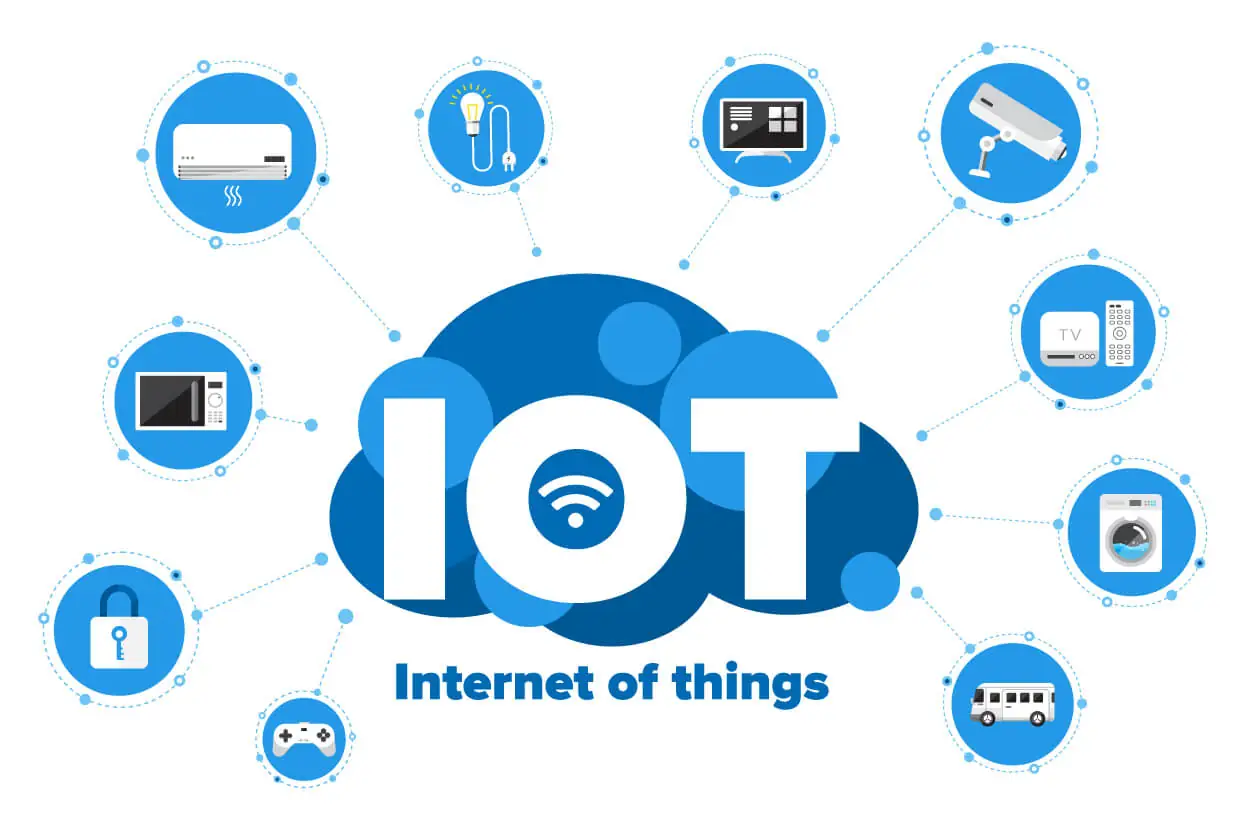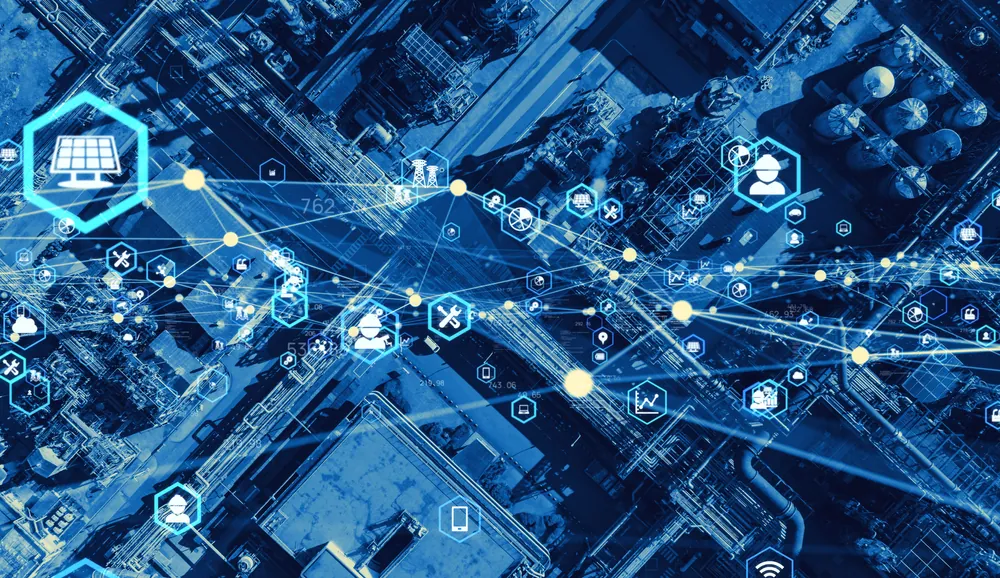Like so many industries today, freight shipping is being transformed by advanced technologies, such as the 2023 Freight Shipping Outlook. All these technologies share two goals: to make freight shipping more efficient and less expensive. In the world of freight-shipping technology, the concept of driverless freight-shipping trucks gets the lion’s share of the press, but it is still years away from being a major factor in freight shipping. Meanwhile, other technologies are currently being developed, tested, or used today. Here are a few advanced technologies in freight shipping that are in various stages of development, from the drawing board to testing to initial rollout.
Technologies Adopted from the Passenger Vehicle Market
Adaptive cruise control and lane-centering steering technologies are already used in passenger vehicles. They keep vehicles a safe distance behind the vehicle in front of them and alert drivers when they are in danger of accidentally leaving their lane. Adopting these technologies in new freight-shipping trucks will improve safety and help reduce driver stress, which will help make drivers more productive.

Internet of Things (IoT)
By connecting to onboard sensors and traffic-reporting applications, carriers and drivers are increasingly able to see valuable data in real-time, such as:
–Exact vehicle locations
–Temperature inside the vehicle
–Most efficient route considering expected delivery time, load, and fuel usage
Collectively, this information helps ensure that cargo is delivered as agreed at the lowest cost in the shortest amount of time.
Algorithmic Pooling
LTL shipping is like carpooling but with freight cargo instead of people. A truck is filled with shipments that begin and (usually) end at different places. Algorithmic pooling uses machine learning, a subset of artificial intelligence, to determine which freight should go in which trucks. It makes sure that trucks are filled with cargo that is all going in the same direction.
Algorithmic pooling saves freight dispatchers from having to perform the same time-consuming processes for every shipment and truck. It is also free of human error.
Algorithmic pooling blurs the difference between full truckload and less-than-truckload shipping, routing drivers to pickups and deliveries without stopping at terminals in between. That allows it to use Full Truckload vehicles for LTL shipments, making it a game-changing technology. You’re likely to hear more about algorithmic pooling in 2020 and beyond.
Robotic Process Automation (RPA)
For years, Polaris, a Canadian LTL carrier specializing in cross-border shipments, used optical character recognition (OCR) and other common time-saving office technologies. But it was still unhappy with the amount of unproductive time its personnel had to spend entering keystrokes for every order.
To improve their handling of the intricate processes involved with each customs application, the company broke down every process and created a robotic process automation or RPA solution that uses bots to do the mundane work that formerly required human attention. As a result, Polaris saves 2-3 hours in customs processing each day, and overtime is down 30-40 percent.
Polaris has proven that RPA holds much promise for the freight shipping industry. In time, we expect many carriers to digitally upgrade their processes to save time and money and pass those savings on to shippers.
Predictive Analytics
A very large LTL carrier has begun experimenting with predictive analytics in an attempt to develop a new variable pricing model that would do all of the following:
–Take all current circumstances into consideration automatically
–Offer shippers a fair price based on those real-time circumstances
–Make a consistent profit
This intriguing idea could make real-time pricing more reflective of circumstances on the road.
2023 Freight Shipping Outlook & More to Come
Competition among carriers ensures that all parties will continue to develop and experiment with new technologies in an ongoing effort to lower prices and raise profits. We look forward to seeing these advanced technologies in freight shipping used to make your freight shipping experiences more efficient.
Similar competition takes place among third-party logistics providers like FreightCenter. We always have a keen eye for new ways to make freight shipping easy, successful, and affordable for our business and individual customers.
Are you getting ready to ship? Start the process rolling by getting a free online quote and then verifying your information with a National Account Manager at 800-716-7608.



